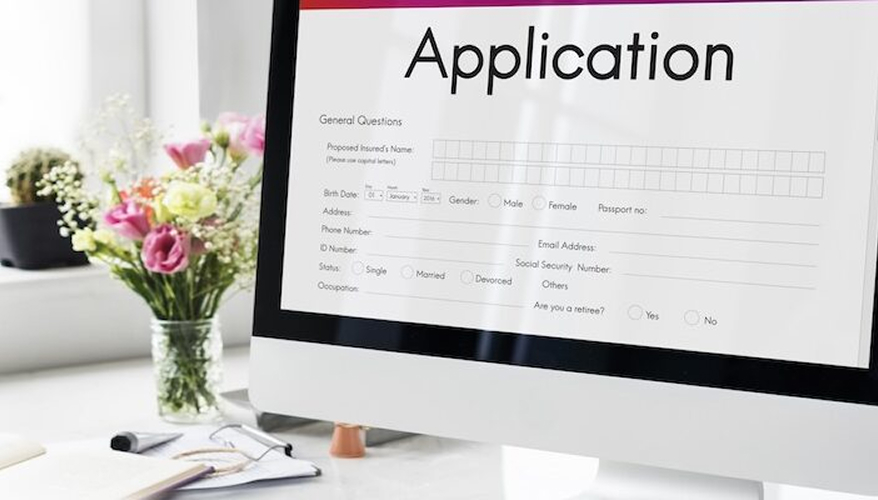Singapore is one of the world’s most expensive and most prosperous countries. The Southeast island nation is a commercial hub and flaunts a conducive regulatory environment for businesses. Moreover, its innovative immigration policy is a magnet for working professionals and entrepreneurs from across continents.
With so many people applying for work visas every year, getting approval is becoming more and more challenging. As of June 2021, the country is home to around 1.2 million international employees.
Whether you are looking to visit Singapore to pursue higher studies, find a job, or kick-start your own business, this southeast Asian gem offers lucrative opportunities. That being said, foreigners who want to work in Singapore need to have a visa or Singapore work permit/pass.
To that end, let us discuss the most common types of work permits in Singapore:
Employment Pass (EP)
Non-Singaporean managers and professionals are eligible to apply for the Employment Pass (EP). If you are a first-time employee, you must earn at least $4500 a month and have tertiary education and relevant work experience. The number climbs to $5,000 if you work in the finance vertical
The initial EP is valid for 1-2 years as long as you work for the same company. It can subsequently be renewed for up to 3 years.
What is more, you can bring your spouse and children using a Long Term Visit Pass or Dependant’s Pass – if you have the said monthly salary. Additionally, you need to earn at least $12000 monthly if you want to bring your parents to Singapore. After migration, your family members can apply for permanent residency (PR) after they have stayed in Singapore for 6 months or more.
S Pass
Mid-level skilled foreign employees who earn a fixed monthly income of at least $2500 are eligible for the S pass. Organisations need to apply to the Ministry of Manpower (MOM) on behalf of S pass holders. The number of S pass holders employers can hire is limited by quota – usually 15-20% – based on the company’s overall workforce.
You can bank on the S pass in Singapore for at most two years and apply for renewal as long as you serve the same company. The renewed S pass can be valid for up to 3 years. Moreover, you must earn $6000 or more to bring your family members with you to Singapore. Your spouse can also run a business in Singapore under a Dependent Pass by obtaining a Letter of Consent (LOC).
Furthermore, S pass holders are entitled to apply for PR. MOM will analyze their PR application as per the Immigration and Checkpoints Authority’s (ICA) PR norms.
Personalized Employment Pass
The Personalised Employment Pass (PEP) is reserved for high-net-worth individuals (HNWI) based on their last drawn salaries. You will have better job flexibility as a PEP holder as you are not stuck with any particular company. Also, you do not have to approach MOM to reapply while switching jobs. But the only caveat is that you cannot kick-start your own business.
At the minimum, PEP holders in Singapore must be earning at least $12000 a month, while foreign employees not already working in the country must have a monthly payroll of $18000 or more.
The PEP remains valid for up to 3 years and can be issued only once. Further, after receiving the PEP, you can reside in Singapore for six months at max being unemployed.
EntrePass
The Entrepreneur Pass (EntrePass) is a variation of the EP, and allows you to take off and run a new business in any Singapore. You need to have your organisation registered with the Accounting and Corporate Regulatory Authority (ACRA) as a Private Limited Company. And to be eligible for that, your company must be less than six months old. Further, your business has to tick one of the criteria imposed by the policymakers.
The EntrePass is valid for a year and can be renewed as long as your firm remains profitable. Unlike EP, you do not need to have a minimum monthly salary. But there are capitalisation requisites for international entrepreneurs starting new businesses in Singapore.
Besides, your new business must also fulfil at least one of the following requirements:
· Possess a proprietary intellectual property
· Raise funding from an approved VC
· Partner with a government-backed incubator
· Work with a leading research institution
Furthermore, you can bring your families to Singapore if you meet the total annual business spending and local employment requirements.
Work Permit
If you are a semi-skilled or unskilled foreign employee in the manufacturing, construction, process, or services industries, you are eligible for a work permit in Singapore. But that is not it. You need to belong to an approved source country or region by MOM and be more than 18 years old.
Similarly, semi-skilled or unskilled female foreign domestic workers (FDW) looking for a job in Singapore can also apply for a work permit. For that, they must be between 23 to 50 years old and have at least eight years of formal education with an accredited certificate.
Singapore continues to welcome and perceive new foreigners as a source of innovation and positive economic growth. Securing the top spot for the ethical behaviour of organisations by the World Economic Forum’s (WEF) Global Competitiveness Report 2019, Singapore is a dream destination, providing promising and flourishing niches to foreign job seekers.
There are worthwhile opportunities in industries, such as finance, construction, and marine. Additionally, the salary growth in Singapore is worth noticing. For instance, people looking for a job in the tech industry can see a 10-15% uptick in their payroll on average. If this statistic sounds good to you, you should consider making your way to the island country.
The nation’s vibrant city culture and, of course, the booming economy continue to attract expats from every corner of the earth.
Talk to our immigration professionals if you need assistance with one of these work passes. We will attend to every step of your application thoroughly.






